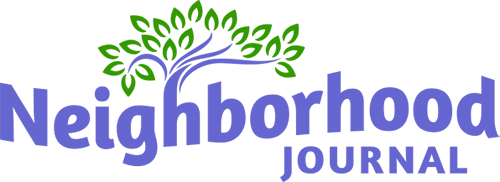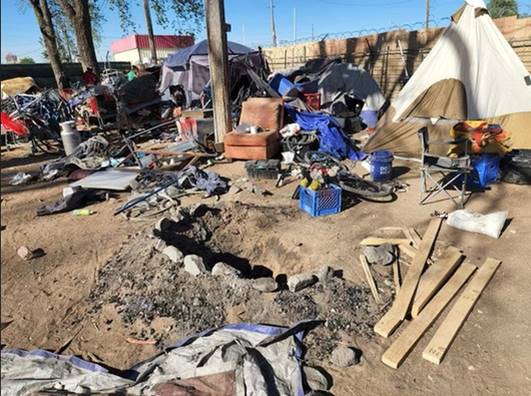Coronado Park is officially closed.
While the city of Albuquerque stated its intention to close the park last month, no official date was given for the closure. On Wednesday evening, a statement from the city announced it as officially closed.
“The City closed Coronado Park today, fencing off the empty grounds that had been a hotbed for narcotic usage, trafficking and organized crime,” the statement reads. “The park had sustained severe damage and it became increasingly difficult for City staff to clean it over the years.”
“The actions taken today by the City of Albuquerque are made necessary by the threats to public health, safety and the environment that this encampment has created,” said Mayor Tim Keller. “Let no one think, however, that these actions represent a comprehensive strategy for resolving the problem of what we commonly call the homeless in Albuquerque or anywhere else in America.”
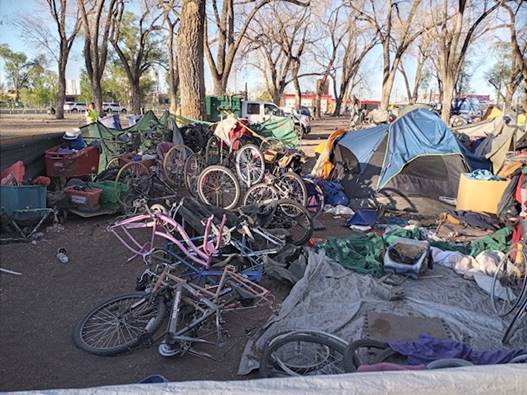
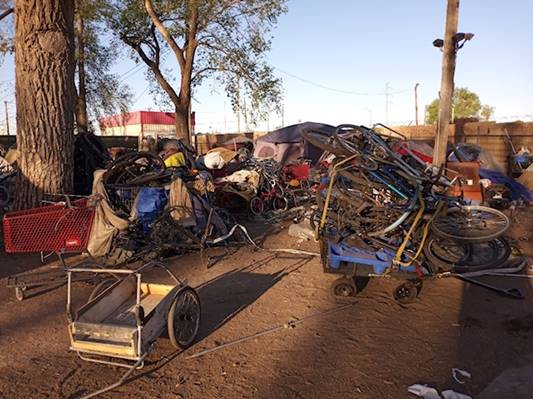
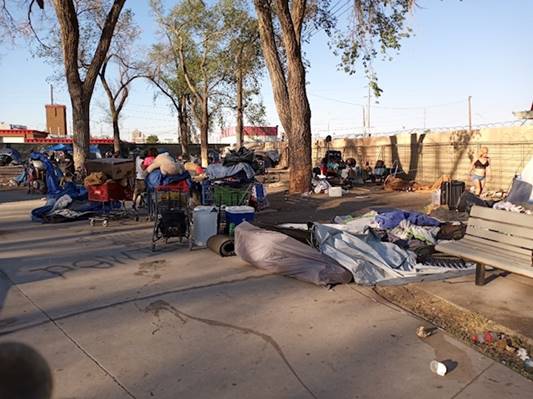
City departments will continue to carry out outreach and safety operations to connect with people living in the park and to keep the surrounding neighborhoods safe.
The city will continue to consider next steps for the location, which range from permanent closure, eventual re-opening as a park or repurposing it for other uses, such as housing, shelter space or public safety training.
Keller also addressed the homeless crisis and listed what needs to be done to further address it. “First and foremost, we must provide the ingredients of a restart for people who have lost housing due to economic circumstances, for people who are mentally ill and not receiving or accepting treatment, and for the substance addicted who also are not receiving or accepting treatment,” he said. “Some people on our streets today fall into more than one of these categories, and some of them believe they prefer life on the streets to whatever services may be available to them.”
He added that while such services are a start, they are not a guarantee for lifelong security. “Rather, they are the chance to begin again and rebuild a full, independent and productive life.
“For us to have enough restart housing na treatment for mental illness and addiction, it will take much more than any one nonprofit, church or government; we all have to come together to make this happen.” That includes, he said, all levels of government: city, site and federal.
“And as we do that, we as a city and as a society have the right to insist that all our public spaces are used for the common use purposes for which they were created,” Keller said, “not misused because some people don’t want to do what they can to get better, to take advantage of a restart.”
